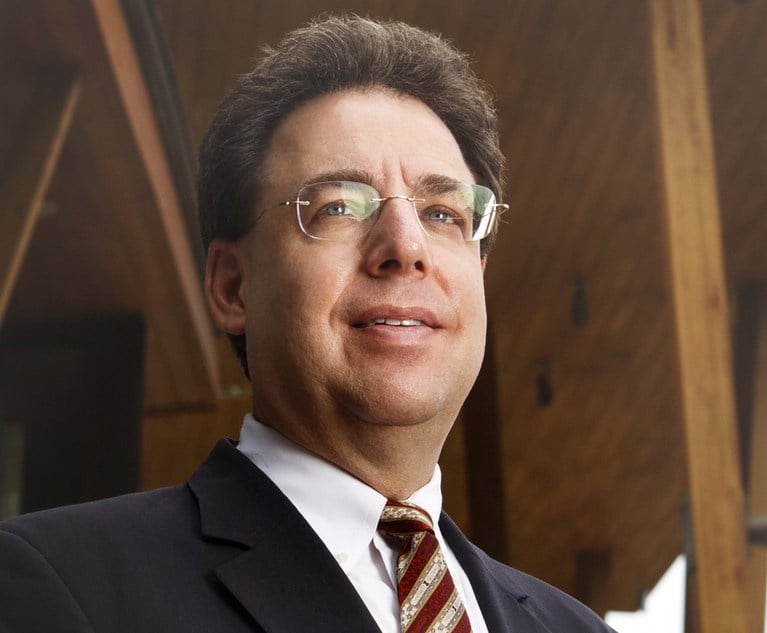Consider attorney Mary Smith. She was a solo practitioner who was diagnosed with cancer. Unfortunately, the form of cancer she had required extensive treatment; she was out of her office for days or weeks at a time, leaving it to operate with only a paralegal present. When the cancer did not respond to treatment, Mary missed more and more days, but she still believed, despite the medical realities, that she would recover.
In the meantime, the Pennsylvania Supreme Court accepted one of her cases. She would eventually write a brief that cited only two cases and demonstrated how severe her demise had become. Eventually, acknowledging that she could not appear for argument, the case was transferred to another office. However, the Supreme Court refused to allow new counsel to supplement the brief, leaving him to argue a case without the benefit of a competent brief. Meanwhile, the paralegal continued to run the office with no guidance. It is unclear how Mary attended her hearings as the grim reality approached, but many were postponed.


 Daniel J. Siegel of Law Offices of Daniel J. Siegel. Courtesy photo
Daniel J. Siegel of Law Offices of Daniel J. Siegel. Courtesy photo




